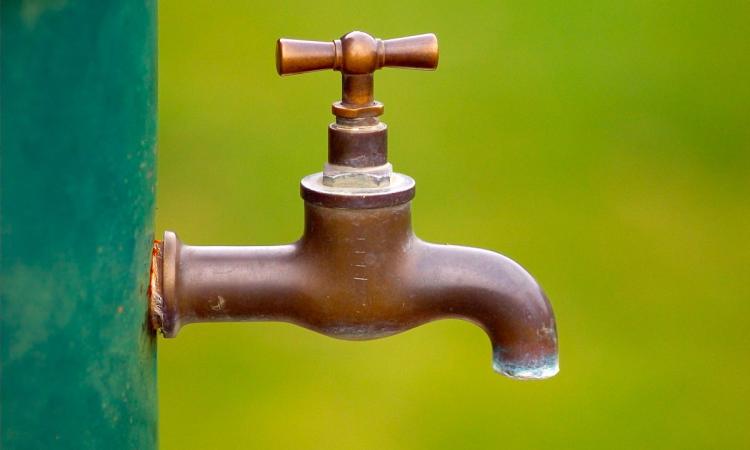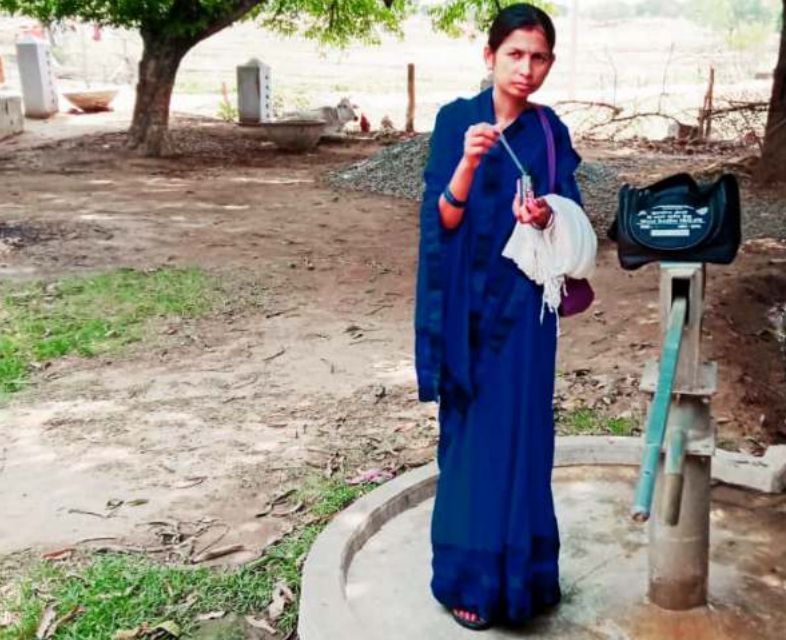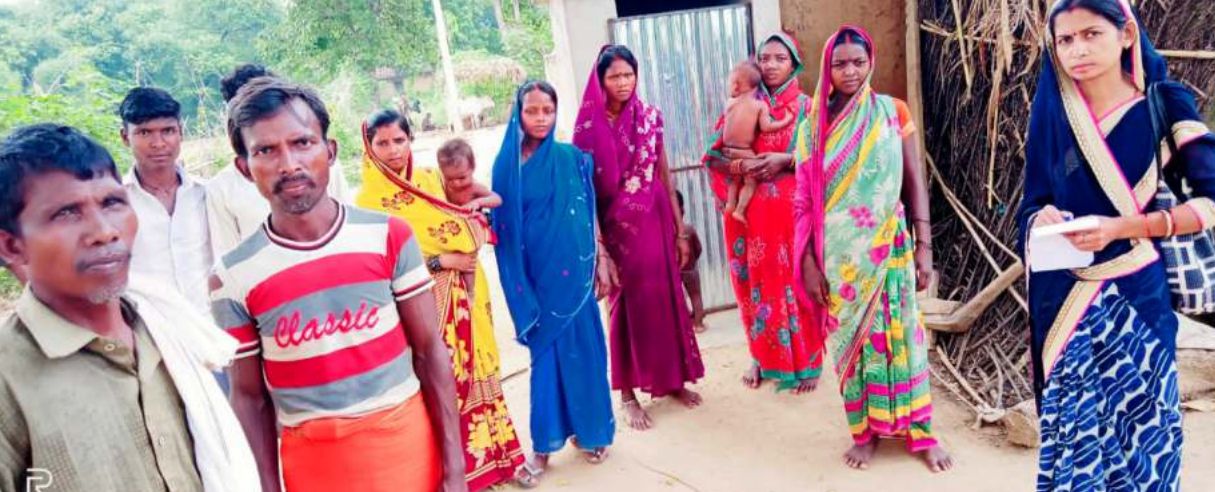
Even as the entire world was tackling COVID-19, a revolution was taking place in India during the years 2021–22. As the second wave of the pandemic swept across India, Aryama Kumari from Garhwa, Jharkhand, was one of many of the growing number of women in villages wearing masks, hesitantly keeping distance from each other, and undergoing training on 'seeing' water quality beyond what we sense.
Numbers don't lie; some 38 lakh water testing results have been contributed from villages across India; more than 10 lakh women have been trained in the usage of field-testing kits (FTKs) to check water quality; and more than 1 lakh villages are already contributing to this massive effort at 'citizen science," democratizing the way we 'see' water beyond its taste, sight, and smell.
Having a large population, India as a country is bound to have massive experiments at a population scale of tens of crores. But, imagining something like 14 dimensions of water quality being recognized at the village level by Aryama from Garhwa was, until the implementation of the Jal Jeevan Mission (JJM), totally unthinkable for an average Indian citizen. Today, it is happening and contributing to the country's progress in health and access to basic amenities.

We learn two things from the above while thinking about the future. One, how do we bring more trust into this process so that the water data is considered more reliable. Secondly, and relatedly, how does one recognize the enormous skill capital created through this process and reap the benefits over the long term.
Before we go there, a small detour. We also know that around 15 crore people in India are affected by some water contamination problem, and that the staggering economic cost of the problem from health, agriculture, and industry is a significant chunk of the country's GDP -- USD 6.7-8.7 Billion. Did we know that 2 crore hectares of arable land in India are already infertile just through salinity from water and that recent informal estimates of around 1 crore more hectares of land are getting toxified by two contaminants in irrigation water -- fluoride and arsenic -- and thereby landing into the food chain?
In an era of carbon-reducing agriculture, low-chemical foods, and more responsibility towards land, soil, and water, we find testing the quality of water, as being absolutely essential, and it becomes an enormous skilling outreach, benefiting not just JJM, but also potentially, National Health Mission (NHM), Anemia Mukt Bharat (AMB), doubling farmers income, and also programmes for protecting soil and preventing climate change. Given that food quality is going to be increasingly valued, and that contaminant persistence is now being overlooked, water quality testing for irrigation in agriculture will be a rising need in every village in the country.
The lakhs of women trained by JJM in water testing have a very bright employable future, if we look at the above scenario of the benefits it could bring to many sectors. Let us also look at what the key challenges are and how we can overcome them.

The trust challenge
Trust is always a very subjective and tricky feeling. How does someone in Bandra, Mumbai, trust the water data contributed by Aryama? Who is trusted here, the person, the process behind it, or the platforms that enable it to happen? At INREM, we look at this problem as a matter of mutual participation. In our programmes of Water Quality Management (WQM), aiming at enabling the first million Water Quality Champions across India, we leverage the power of emerging technologies with a process called, Participatory Digital Attestation (PDA), which helps make interactions and people more visible, thereby leaving a trail of trust, bringing more accountability and value to the process.
By means of PDA, we are now able to say that the person, process, and platforms can be trusted, and the water data that Aryama contributes can really be used for a water supply programme. Much work is needed further in this direction, and PDA is just a beginning towards that. Certifications at the village level, to help recognise individual water testers for their abilities may also bring trust to the process.
The employability challenge
JJM is trying its best to account for the women involved in water testing by means of a 2% allocation for Water Quality Monitoring and Surveillance (WQM&S) and possibly some incentive for the water testing woman in the village. However, here, what is perhaps being missed is the potential of this skill towards so many other critical needs and, therefore, a mix of employability opportunities for Aryama.
Apart from different verticals such as health, nutrition, agriculture, and livelihood programmes that can occupy bits of Aryama's time for water testing, she will also be generating much value for the agri-supply chain that is growing fast with new agritech. Essentially, by bringing more trust into her water testing skills, and by connecting this as a basic infrastructure need towards a wider water input programme and industry, we can enhance her employability and thereby community incentives at water testing.
Coming back to JJM, the mission until 2024, at this midway stage, let us pat our backs as this was something earlier unthinkable and even right now, extraordinary for any country across the world to conduct a population scale citizen science experiment of water testing leading to a safer water supply. We have our challenges here, in terms of financing Aryama's time and ensuring more trust in the data that she contributes. But the answers will gradually develop and lay the foundation for more than a million jobs in water testing, contributing to a wider infrastructure built on safe water quality.
This article has been republished from Jal Jeevan Samvad, with permission.
/articles/reaping-benefits-skilling-water-testing